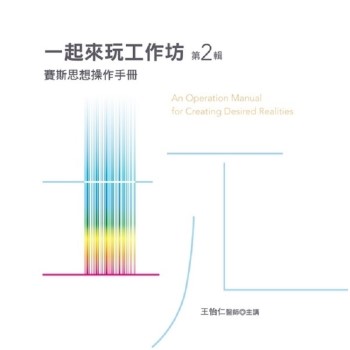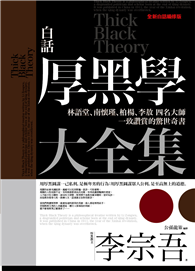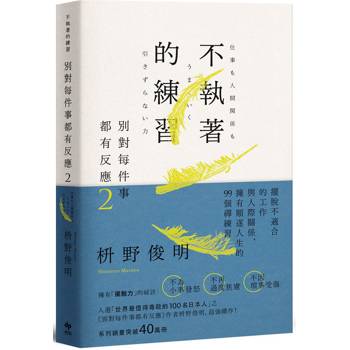Scholars and practitioners usually regard the nuclear non-proliferation regime as composed of two categories of countries - those with and those without nuclear weapons. The latter are regarded as the core designers of that regime, while the former have their prominence in shaping non-proliferation institutions eclipsed or ignored. This book proposes to go beyond that duality by focusing on a usually neglected group of states: latent nuclear countries. Those are the countries that possess advanced nuclear capabilities but no weapons.
This book shows that latent nuclear countries not only participate actively in non-proliferation institutions but also promote the creation of new frameworks highlighting concerns and perspectives different from their nuclear-weapon and nuclear-free counterparts. The author makes this argument through an intricate combination of quantitative and qualitative methods, with an in-depth analysis of Brazil and Germany as sources for case studies. He makes the case to understand the nuclear non-proliferation regime as an inclusive and refined approach that takes into consideration countries’ nuclear capabilities, identities, role conceptions, and domestic structures.












